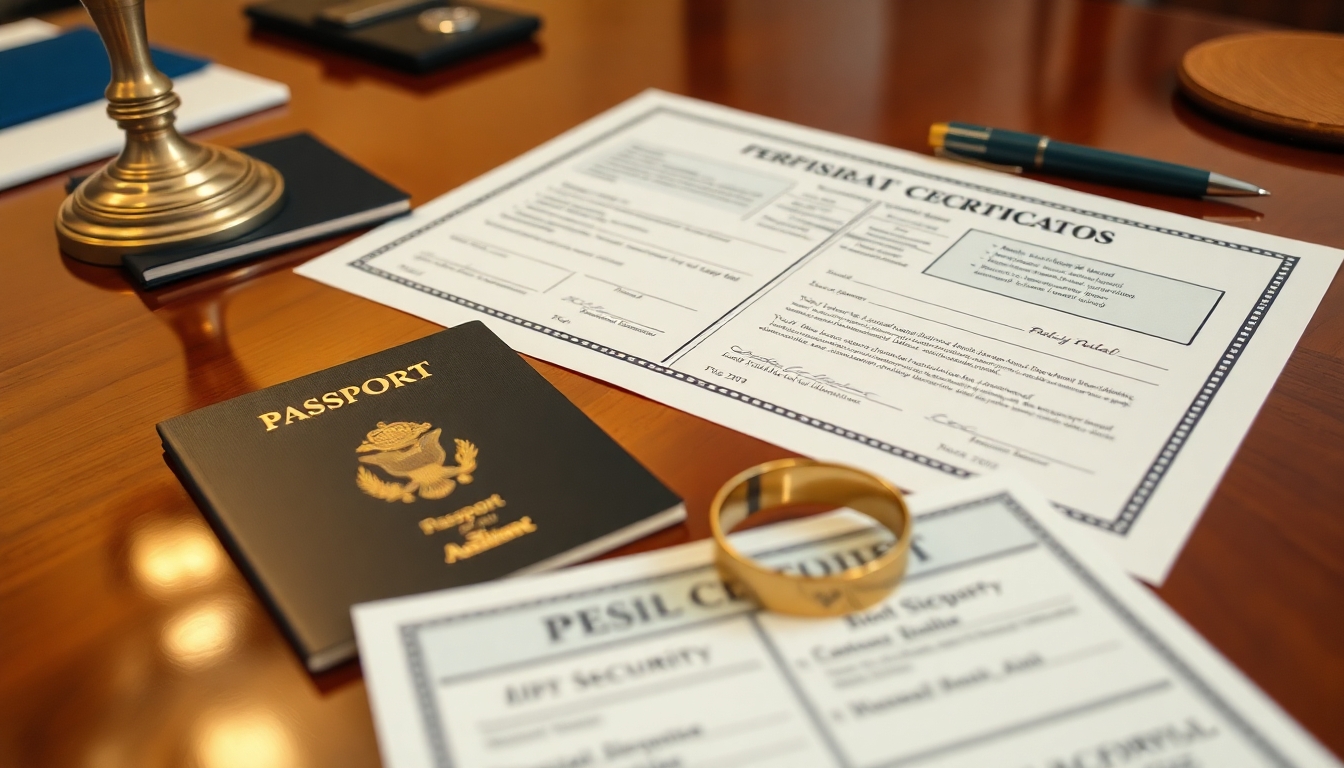A wedding weekend itinerary elevates your celebration from a single day to an unforgettable multi-day experience. This extended format allows couples to spend quality time with loved ones and create lasting memories.
Crafting a well-planned wedding weekend requires attention to detail and careful organization. From managing guest arrivals to coordinating various events, there’s much to consider.
This guide will walk you through the essential steps of planning a comprehensive wedding weekend itinerary. We’ll cover everything from timeline creation to guest list management, ensuring your destination wedding is a seamless and joyous affair.
Let’s dive into the key components of planning a successful wedding weekend that will delight both you and your guests.
Creating a Wedding Weekend Timeline
A well-structured timeline is the backbone of your wedding weekend. It helps keep events organized and ensures everyone knows what to expect.
Start by outlining the main events:
- Welcome reception
- Rehearsal dinner
- Wedding ceremony and reception
- Farewell brunch
Next, fill in the gaps with optional activities like group outings or relaxation time. Consider creating a day-by-day schedule to share with guests.
Remember to build in buffer time between events for travel and rest. This flexibility allows for a more relaxed atmosphere and accommodates any unexpected delays.
Managing Your Guest List
Effective guest list management is crucial for a smooth wedding weekend. Start by creating a master list of all invited guests, including their contact information and RSVP status.
Consider using a wedding planning app or spreadsheet to track:
- Accommodation preferences
- Dietary restrictions
- Travel arrangements
- Event attendance
Regularly update this information and share relevant details with vendors to ensure everyone’s needs are met throughout the weekend.
Choosing the Perfect Destination
Selecting the right destination sets the tone for your entire wedding weekend. Consider factors such as:
- Accessibility for guests
- Available accommodations
- Local attractions and activities
- Weather patterns
Research potential venues that can host multiple events or offer nearby options for different activities. Look for locations that provide a mix of settings to keep the weekend interesting and engaging for guests.
Don’t forget to consider your budget and guest count when making your decision. A smaller, intimate destination might be perfect for a cozy gathering, while a larger resort could accommodate a more extensive guest list.
Planning Welcome Activities
Kick off your wedding weekend with welcoming activities that help guests settle in and get to know each other. Some ideas include:
- Casual welcome dinner or cocktail hour
- Group activity or excursion
- Welcome bags with local treats and itinerary
Consider organizing a meet-and-greet event where guests can mingle in a relaxed setting. This is especially helpful for destination weddings where many attendees may be meeting for the first time.
Provide information about local attractions and suggest activities for guests to explore during their free time. This thoughtful touch allows everyone to make the most of their trip.
Coordinating Transportation and Logistics
Smooth transportation is key to a successful wedding weekend. Consider these logistical aspects:
- Airport transfers for out-of-town guests
- Shuttles between venues and accommodations
- Parking arrangements for local guests
- Transportation for wedding party on the big day
Create a detailed transportation schedule and share it with guests in advance. This helps prevent confusion and ensures everyone arrives at each event on time.
For destination weddings, consider partnering with a local transportation company to handle logistics. They can provide valuable insight into the area and help coordinate multiple vehicles if needed.
Arranging Accommodations
Securing comfortable accommodations for your guests is essential for a successful wedding weekend. Consider these factors:
- Room blocks at various price points
- Proximity to wedding venues
- Amenities offered by hotels
- Group booking discounts
Reserve room blocks at multiple hotels to accommodate different budgets and preferences. Negotiate group rates and communicate booking deadlines clearly to guests.
For destination weddings, consider renting vacation homes or villas for larger groups or families. This can provide a more intimate setting and potentially reduce costs.
Planning Pre-Wedding Events
Pre-wedding events help build excitement and allow guests to spend quality time together before the big day. Popular options include:
- Rehearsal dinner
- Bachelor and bachelorette parties
- Group activities or excursions
- Spa day for the wedding party
Keep these events relatively casual to contrast with the formality of the wedding day. This allows guests to relax and enjoy themselves without feeling overwhelmed.
Consider incorporating local culture or attractions into your pre-wedding events. This can provide a unique experience for out-of-town guests and showcase the destination.
Managing the Wedding Day
The wedding day is the centerpiece of your weekend celebration. Ensure it runs smoothly by:
- Creating a detailed timeline
- Assigning roles to wedding party members
- Coordinating with vendors
- Having a contingency plan for unexpected issues
Consider hiring a day-of coordinator to manage logistics and troubleshoot any problems that arise. This allows you and your partner to fully enjoy your special day without stress.
Provide ample time for hair and makeup, as well as photography sessions. Build in buffer time to account for any delays or last-minute adjustments.
Planning Post-Wedding Activities
Extend the celebration with post-wedding activities that allow guests to wind down and say their goodbyes. Popular options include:
- Farewell brunch
- Group activity or excursion
- Casual gathering at a local venue
Keep these events relaxed and optional, as some guests may need to depart early. Consider providing a late checkout option for those who want to participate in post-wedding activities.
Communication with Guests
Clear and frequent communication is crucial for a successful wedding weekend. Keep guests informed through:
- Detailed wedding website
- Save-the-dates and invitations
- Email updates
- Welcome packets upon arrival
Provide a comprehensive itinerary that includes event details, dress codes, and transportation information. Consider creating a mobile app or using a wedding planning platform to keep all information easily accessible.
Budgeting for a Wedding Weekend
Planning a wedding weekend requires careful budgeting to account for multiple events and activities. Consider these additional expenses:
- Welcome bags and favors
- Transportation costs
- Venue rentals for multiple events
- Activities and excursions
Prioritize your must-have elements and allocate your budget accordingly. Consider ways to cut costs, such as hosting some events at home or choosing all-inclusive venues.
Conclusion
Planning a wedding weekend requires careful organization and attention to detail, but the result is a memorable and immersive celebration of your love. By focusing on guest experience, clear communication, and thoughtful planning, you can create a joyous multi-day event that you and your loved ones will cherish for years to come.
Remember to stay flexible and enjoy the process. With proper planning and a positive attitude, your wedding weekend will be a beautiful start to your new life together.











